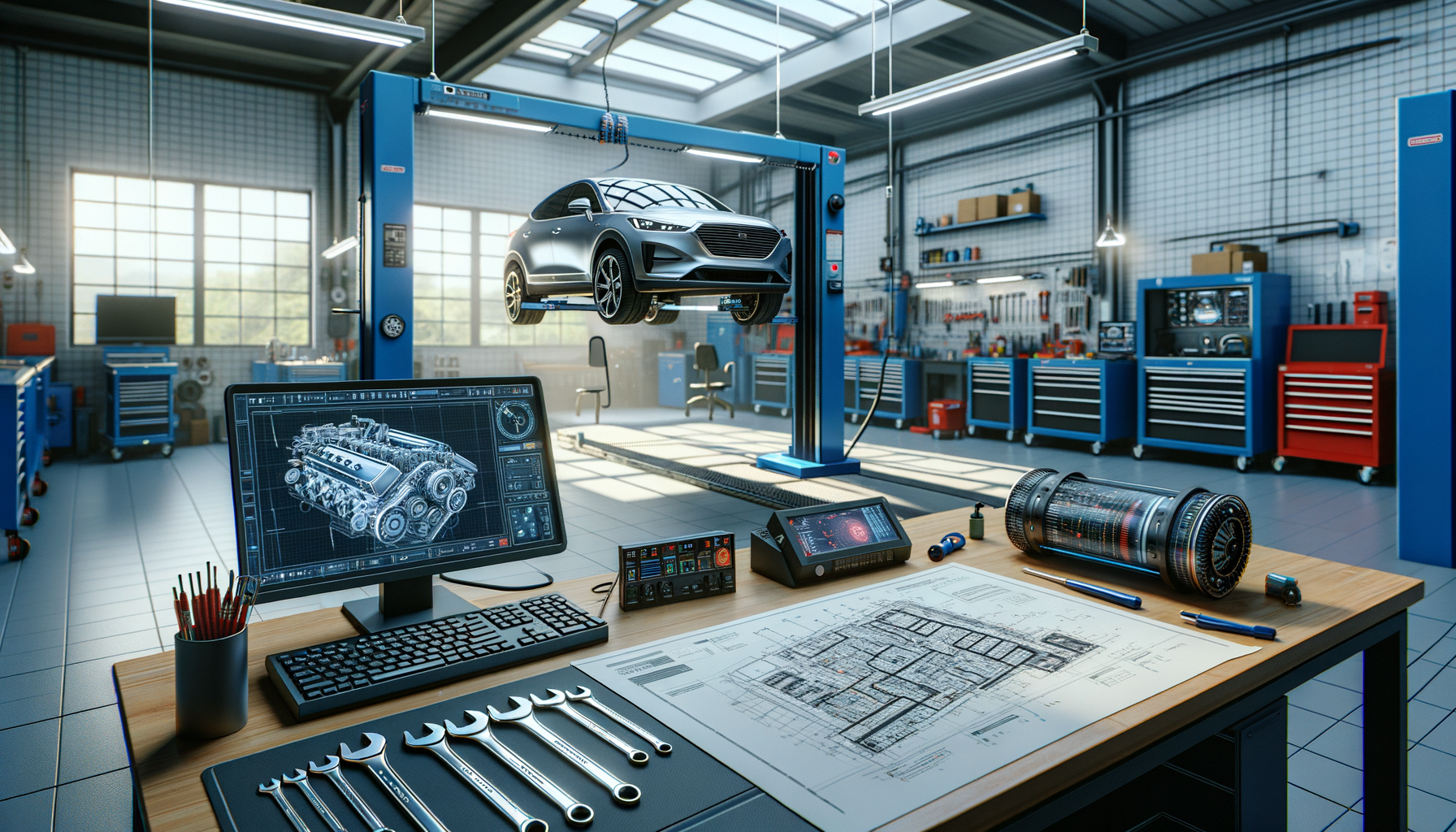
Auto Mechanic Training in the US: Start Regardless of Age or Skills
Introduction to Auto Mechanic Training
In today’s rapidly evolving automotive industry, the demand for skilled auto mechanics is more significant than ever. With the increasing complexity of vehicles, from hybrid engines to advanced computer systems, the need for trained professionals who can maintain and repair these machines is critical. Auto mechanic training offers a pathway into a stable and rewarding career, providing individuals with the skills and knowledge necessary to succeed in this dynamic field. Training programs are designed to cater to a wide range of learners, whether they are fresh out of high school or looking to switch careers. By understanding the essentials of mechanic training, individuals can make informed decisions about their future in the automotive industry.
Components of Mechanic Training Programs
Mechanic training programs are comprehensive, covering various aspects of automotive technology. These programs typically include both classroom instruction and hands-on experience, ensuring that students gain a well-rounded understanding of vehicle systems. Key components of these programs often include:
- Engine Repair and Maintenance: Students learn about different engine types, their components, and how to perform routine maintenance and repairs.
- Electrical Systems: Training covers the intricate electrical systems found in modern vehicles, including diagnostics and repairs.
- Brake Systems: Understanding the mechanics of braking systems and how to troubleshoot issues is a crucial part of training.
- Suspension and Steering: Students gain insights into the suspension and steering mechanisms, learning how to maintain and repair them.
- Computerized Diagnostics: With the advent of technology, computerized diagnostics has become an integral part of auto repair. Training programs equip students with the skills to use diagnostic tools effectively.
By mastering these areas, students are prepared to tackle a wide range of automotive issues, making them valuable assets in the workforce.
Career Opportunities and Advancement
Upon completing a mechanic training program, graduates have access to a variety of career opportunities. Entry-level positions typically include roles such as automotive technicians or service advisors, where individuals apply their skills in real-world settings. As they gain experience, mechanics can advance to specialized roles, such as diagnostic technicians or master mechanics, which often come with increased responsibilities and higher salaries.
Moreover, the automotive industry offers numerous pathways for career advancement. Many mechanics choose to pursue further certifications, such as the Automotive Service Excellence (ASE) certification, which can enhance their credentials and open doors to higher-level positions. Some may even decide to start their own auto repair businesses, leveraging their expertise and entrepreneurial spirit.
The earning potential in this field is also noteworthy. According to the U.S. Bureau of Labor Statistics, the median annual wage for automotive service technicians and mechanics was $44,050 in May 2020, with the top 10 percent earning more than $71,940. This demonstrates the financial viability of a career in auto mechanics, making it an attractive option for many.


